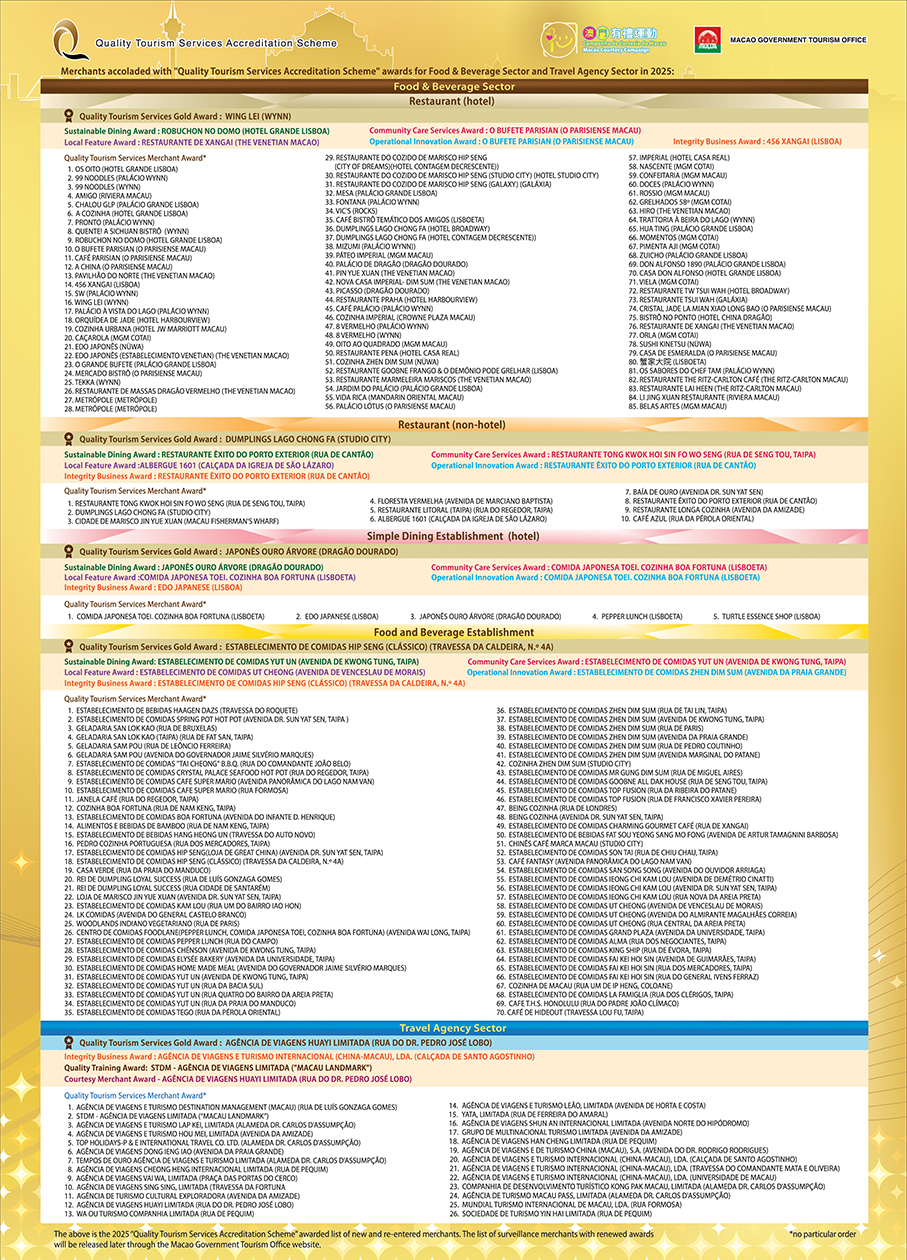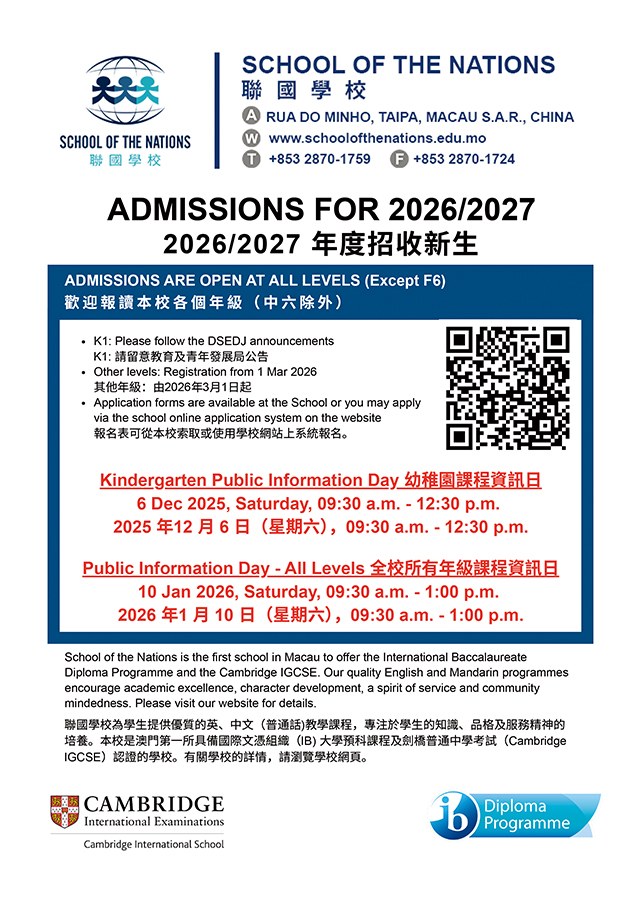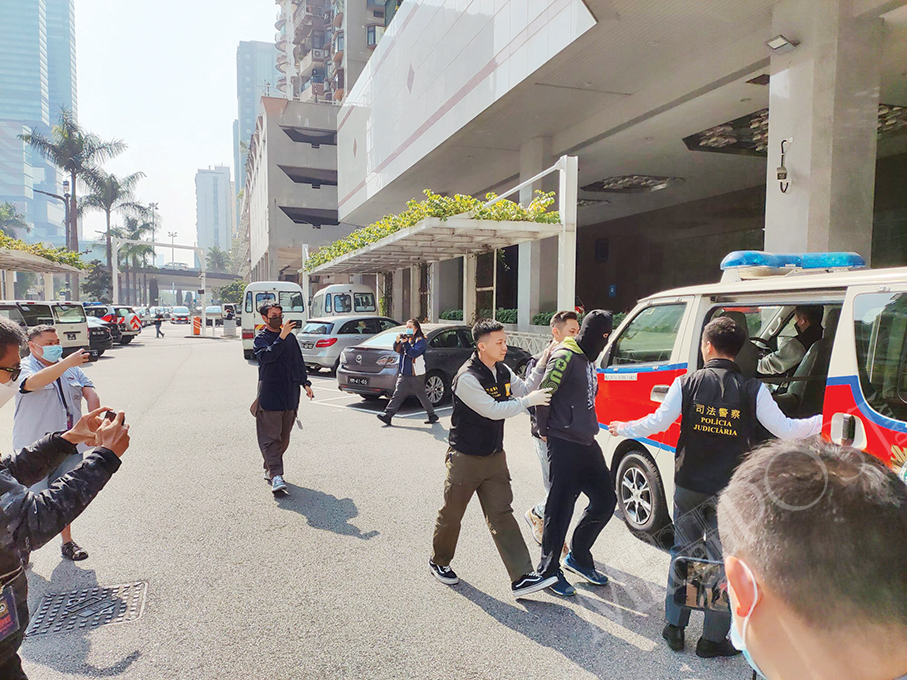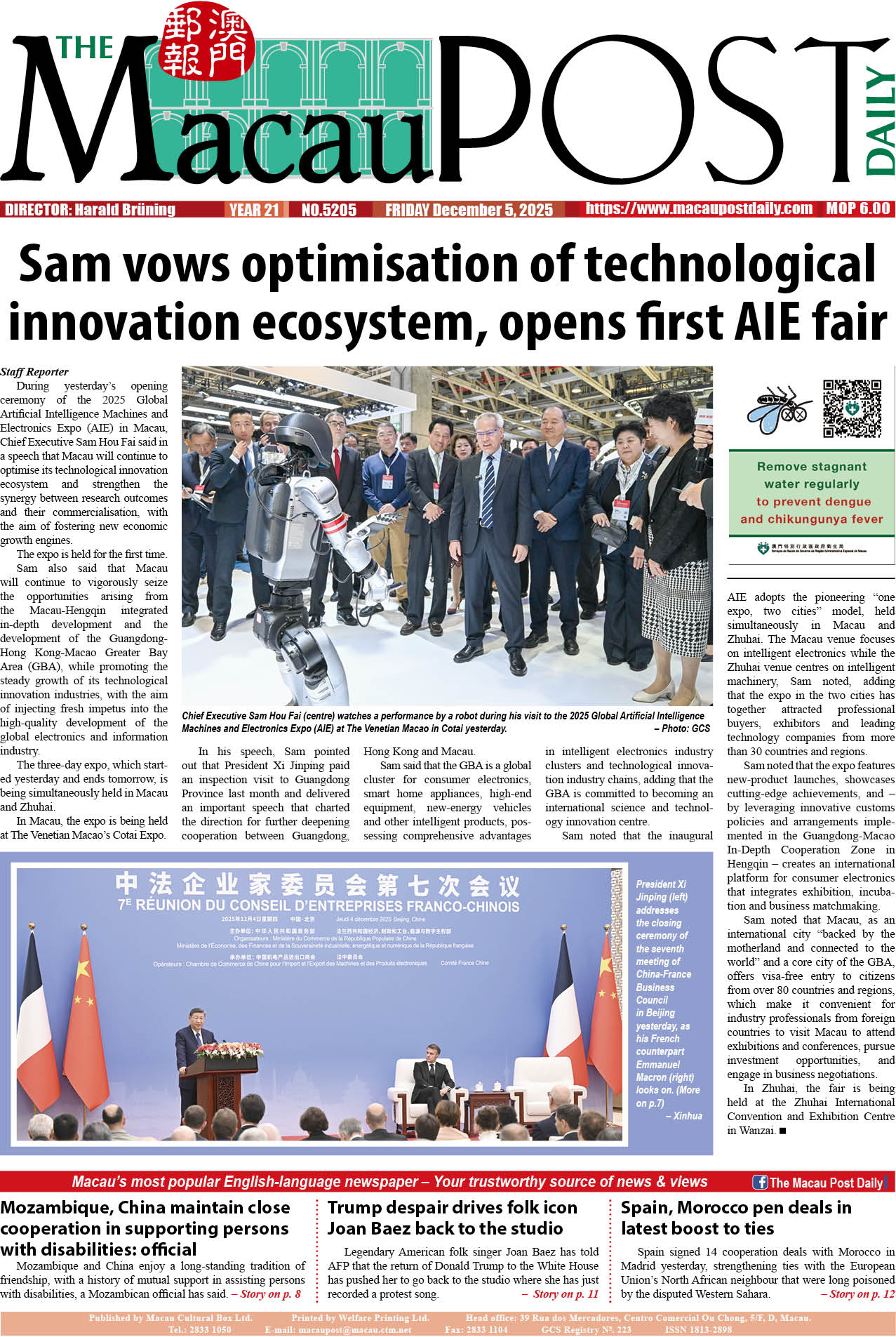President Xi Jinping’s five-day visit to the United States for the 2023 APEC Leaders’ Meeting in San Francisco and his summit meeting with his US counterpart Joe Biden last week on the outskirts of America’s ethnically most Chinese city has turned out to be a major success for China’s diplomacy.
Xi delivered three important speeches during his stay in the City by the Bay – an address at the Welcome Dinner by Friendly Organisations in the United States, a written speech at the APEC CEO Summit, and the 30th APEC Economic Leaders’ Meeting.
For me, his speech at the welcome dinner hosted by a raft of influential entities such as the National Committee on US-China Relations, US-China Business Council, Asia Society, Council on Foreign Relations and US Chamber of Commerce was his most salient and personal one. That’s why this newspaper decided to release its full text – comprising some 3,480 words in its English version – on our website.* Xi received a standing ovation during the gala reception-cum-banquet attended by the crème de la crème of the US business elite.
The speech had an emotional touch to it, such as when Xi recalled his “unforgettable first face-to-face contact with the Americans” while staying with the Dvorchak family in Iowa back in 1985 when he was a county leader in Hebei province.
In his speech, Xi underlined that 158 years ago, a large number of Chinese workers came all the way to the US to build the first transcontinental railroad and established the first Chinatown in the Western Hemisphere.
I visited San Francisco with a Macau media delegation over two decades ago, and I liked “Baghdad by the Bay” (one of San Fran’s over a dozen nicknames) much more, for instance, than Las Vegas. Its distinct Chineseness and multiculturalism reminded me, to a certain extent, of Macau.
Xi also gave his high-powered audience a brief history lesson by pointing out that “our two countries initiated together with others the San Francisco Conference [April-June 1945], which helped found the United Nations, and China was the first country to sign the UN Charter,” adding that “starting from San Francisco, the post-war international order was established.”
Xi stressed that “the foundation of China-US relations was laid by our peoples” and that during the Second Word War “our two countries fought side by side for peace and justice”. He singled out the role of the legendary Flying Tigers headed by “Old Leatherface” US General Claire Lee Chennault (1890-1956) whose pilots not only engaged in dog fights with the Japanese aggressors but also created “The Hump” airlift over the Himalayas to transport much-needed supplies to China.
“The Chinese people will never forget the Flying Tigers,” Xi said, pointing out that two of their veterans, 103-year-old Harry Moyer and 98-year-old Mel McMullen, recently visited the Great Wall where they were warmly received by the Chinese people.
Reminiscing about his stay in Iowa nearly four decades ago, Xi said the people he met there “represent America,” and he added: “I have found that although our two countries are different in [each other’s] history, culture and social system and have embarked on different development paths, our two peoples are both kind, friendly, hardworking and down-to-earth.”
The president, whose previous visit to the US took place six years ago, also noted that “the future of China-US relations will be created by our peoples.” Xi emphasised that during his meeting with Biden at the bucolic Filoli estate at Woodside near San Francisco on Wednesday, both heads of state reached a host of “important” consensuses, such as increasing direct passenger flights between the two sides and holding a high-level dialogue on tourism.
“The world needs China and the United States to work together for a better future,” Xi said.
I couldn’t agree more. One can only hope that Brussels will prick its ears. The EU, which includes Germany as the world’s number four economic power, needs to work together with China as well for our troubled planet’s better future.
In a shocking case of political mistiming, European Commission President Ursula von der Leyen, coinciding with Xi’s visit to the US, urged the EU’s 27 member states in two speeches in Berlin last week to get moving with “de-risking” their economic ties with China or prepare for their businesses to be “steamrollered by unfair Chinese competition.” She is slated to travel to Beijing next month for this year’s EU-China Summit.
Frankly, I am tired of hearing Western politicians uttering, ad nauseum, their hackneyed “de-risking” from China stuff. I am sure that entrepreneurs know much better than politicians how to protect themselves against business risks by re- and de-risking their investments periodically.
Xi also said that he has always had one question on his mind: “How to steer the giant ship of China-US relations clear of hidden rocks and shoals, navigate it through storms and waves without getting disoriented, losing speed or even having a collision?”
That’s a strikingly realistic approach to the fundamental question that China faces in its complex relationship with the US.
However, Xi was quick to add that “China is ready to be a partner and friend of the United States,” reaffirming that “the fundamental principles that we follow in handling China-US relations are mutual respect, peaceful coexistence and win-win cooperation.”
Xi stressed that “just as mutual respect is a basic code of behaviour for individuals, it is fundamental for China-US relations.”
I am convinced that the lack of mutual respect between countries with different political, economic, social and cultural value systems is one of the main reasons for the deplorable state that international relations are in right now. The other main problem is that the West continues with its erroneous attempt of ensuring the Westernisation of the rest of the world, following its centuries-long colonisation drive that only ended in the 1970s, such as by trying to impose its political, cultural and social value systems on countries that have their own going back hundreds or even thousands of years (Xi pointed out in his speech that the Chinese civilisation has an uninterrupted history of more than 5,000 years).
Xi underlined that he and Biden have agreed to promote dialogue and cooperation, in the spirit of mutual respect, in areas including people-to-people exchanges, education, science and technology, military contacts, law enforcement, and artificial intelligence (AI).
He also singled out their decision to set up a working group on counternarcotics to help the US tackle drug abuse.
“I would like to let you know that China sympathises deeply with the American people, especially the young, for the sufferings that Fentanyl has inflicted upon them,” Xi said.
Of course, the fight against drug abuse must primarily be fought on the home front, not just in the US but anywhere. I am convinced that the most effective way to reduce the supply of narcotics is to diminish demand for them and to tackle the social factors behind drug abuse.
On the giant panda front, Xi also announced continued cooperation between the two countries on the conservation-reliant species loved by people all over the world.
Xi also said that China’s “goal is not just to have few wealthy people, but to realise common prosperity for all”. In this context, he quoted an ancient Chinese saying that “when people are well-fed and well-clad, they will have a keen sense of honour and shame.”
He also stressed that China is committed to sustainable development to achieve harmony between humanity and nature. In this context, he quoted the English saying that “we do not inherit the Earth from our ancestors, we borrow it from our children.”
Both sayings, originating from starkly different societies, hit the nail on the head. It’s certainly a matter of our forebears’ wisdom.
On the environmental protection front, Xi underlined his country’s achievements, such as the fact that China now has close to half of the world’s installed photovoltaic capacity and over half of the world’s new energy vehicles (NEVs) running on roads in China. He also called attention to the fact that China is the only major country that has written peaceful development into the Constitution of both the State and the Party.
Concluding his address, Xi stressed that “the passage of time is like a surging river – much is washed away, but the most valuable stays.” He added: “Let us galvanise the Chinese and American peoples into a strong force to renew China-US friendship, advance China-US relations, and make even greater contributions to world peace and development!”
I am cautiously optimistic that his appeal for the renewal of amity between the world’s politically and economically two most important countries will start to bear fruit before long. Where there’s a will there’s a way. What matters most is, as always, whether there’s a will…
As Xi said in his speech at the 30th APEC Economic Leaders’ Meeting on Friday: “For a righteous cause, I shall press forward, undaunted by thousands standing my way.”**
In that speech, Xi listed four proposals: First, staying committed to innovation-driven development. Second, staying committed to openness in development, in the context of which, Xi said, “We must say no to any attempt to politicise, weaponise, or impose security implications on economic and trade issues.” Third, staying committed to green development. Fourth, staying committed to inclusive development that delivers benefits for all. Xi elaborated on China’s fourth commitment: “I have said on many occasions that true development is development for all.”
Veteran Foreign Minister Wang Yi, who accompanied Xi on his trip, expounded on it by saying that the Xi-Biden summit has been able to establish the “San Francisco Vision” orientated towards the future, and he reaffirmed the five commitments Biden undertook concerning US-China ties during the Bali summit a year ago.***
Wang described the Xi-Biden summit in San Francisco “as a major event in the history of China-US relations as well as international relations, and [it] is conducive to advancing their relationship in the direction of healthy, stable and sustainable development.”
However, Wang, one of the world’s most experienced diplomats, also “called on the two sides to be soberly aware that the China-US relationship has never been smooth sailing,” adding that “there are still many deep-seated and structural problems, and many risks and challenges that need to be addressed jointly.” He noted that “San Francisco should not be the finish line but a new starting point.”
Well, I am convinced that pragmatic realism lays the most solid foundation for constructive politics, both nationally and internationally.
– Harald Brüning
* https://www.macaupostdaily.com/article19834.html
** https://www.macaupostdaily.com/article19859.html
*** https://www.macaupostdaily.com/article19862.html











